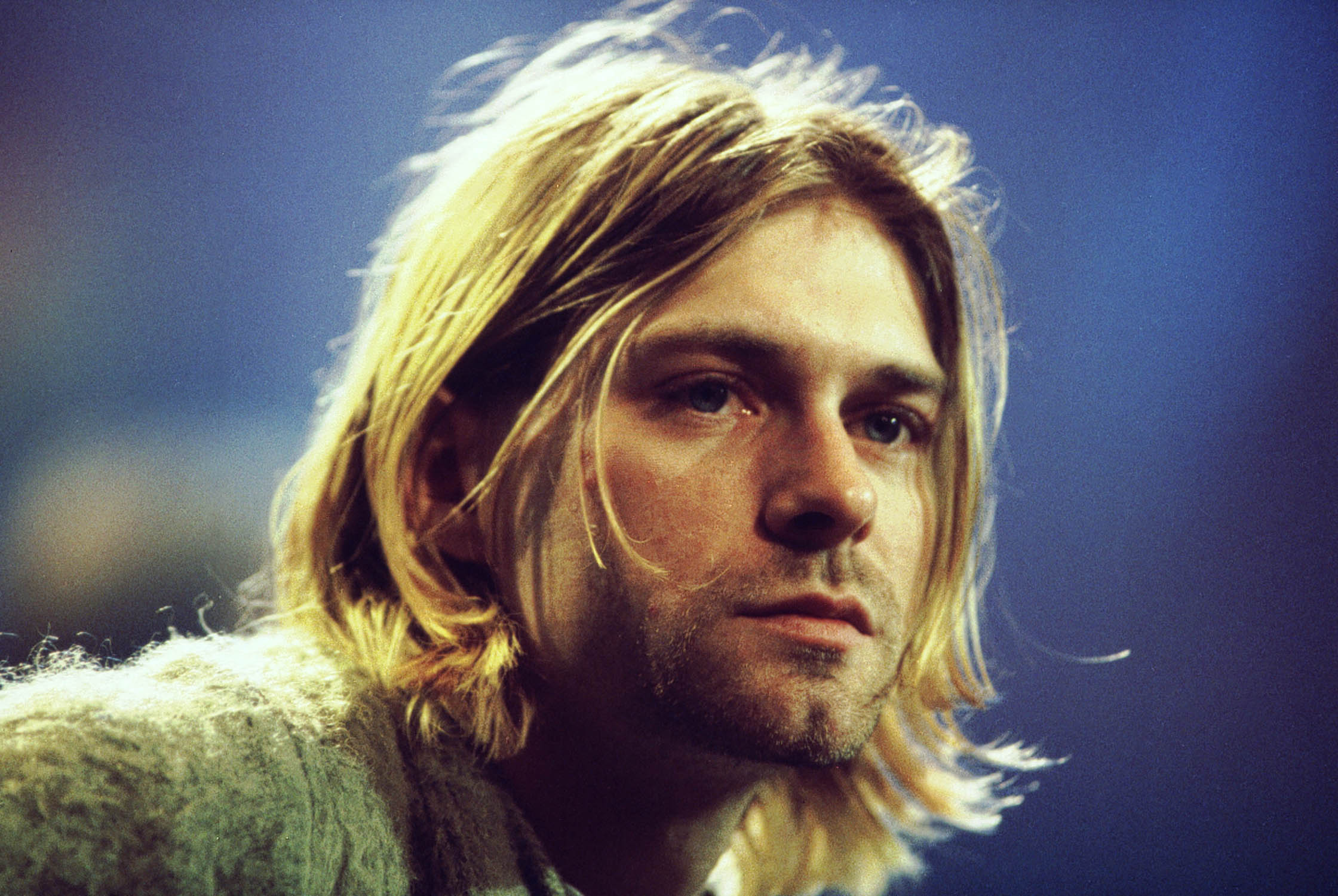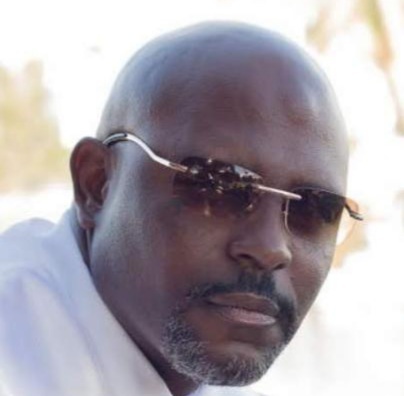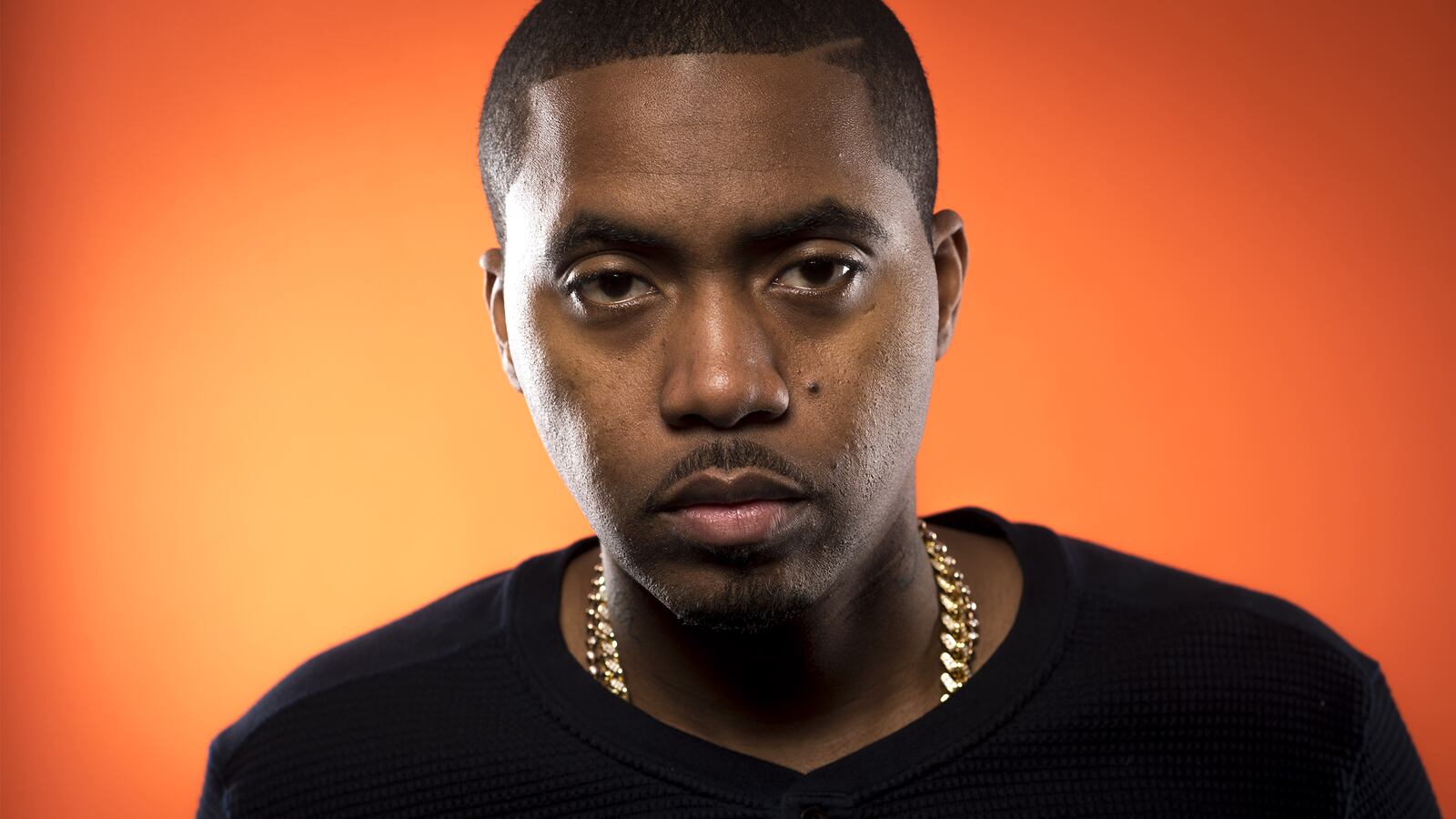Kurt Cobain (1967-1994)
“….I never wanted to sing. I just wanted to play rhythm guitar – hide in the back and just play”
An icon of the Seattle grunge scene, Kurt Cobain formed Nirvana with a friend in 1985, laying the foundation for a musical revolution that would profoundly influence rock music and youth culture. The band’s unique sound, characterized by raw, distorted guitars and introspective lyrics, perfectly captured the disillusionment and angst of a generation. Despite their humble beginnings, Nirvana achieved mainstream success in the early 1990s with the release of their groundbreaking album “Nevermind,” which featured the anthemic hit “Smells Like Teen Spirit.” This unexpected rise to fame propelled the band into the limelight and positioned them as the face of the grunge movement, overshadowing the commercialized pop music scene of the time.
However, the success came with its own set of challenges. Cobain, often reluctant to embrace fame, struggled with the pressures of being thrust into the spotlight while grappling with personal issues, including substance abuse and mental health challenges. His artistic vision was deeply tied to his authenticity, and as the world clamored for more of Nirvana’s sound, Cobain began to feel suffocated by the commercial expectations placed on him. Despite his turmoil, he continued to create music that resonated with fans, reflecting the often painful complexities of life. Tragically, Cobain’s battle with depression and addiction culminated in his untimely death in 1994, marking the end of an era but solidifying his legacy as a symbol of both the grunge movement and the struggles faced by artists in the public eye. Today, Cobain is remembered not only for his contributions to music but also for the profound impact he had on a generation searching for authenticity in an increasingly commercial world.



